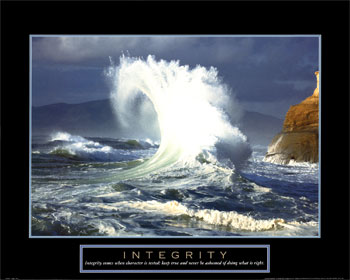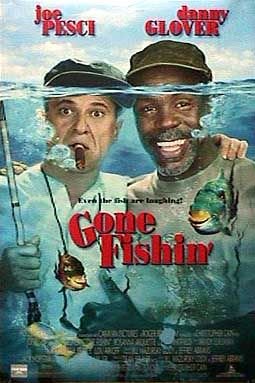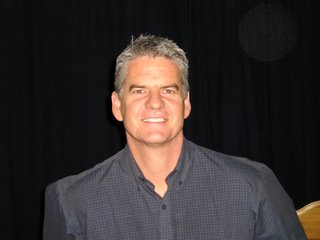Bully For You - Step Six
Original Wording ( A.A.): We are entirely ready to have our Higher Power remove all these defects of character.
Corporate Wording: We recognize that intelligence and learned behaviours designed to promote ones own personal ambitions can never replace the core character qualities such as courage and integrity. We are ready to promote courageous persons who will challenge wrongdoing and pursue truth at personal risk. We will elevate and model the qualities of character, providing training, influence, and courageous leadership as examples to others.
Commentary: In the early 1980's the RCMP training academy, "Depot", was a place of learning excellence and high standards. Recruits were put through a rigourous six month program designed to prepare them for the myriad of problems and situations they would face as police officers across Canada.
Like most institutions and learning environments, there was also a seriously erroneous paradox in its 'raison d'etre' ; as it was also a breeding ground for deep character flaws, in particular abuses of personal power.
Abuse of power was modeled by some instructors and thus passed on to the recruit. One weeks seniority over another troop often translated into verbal abuse and unjust consequences for the most minor of offences, as the senior troop was tasked to inspect the more junior troops.
Recruits were encouraged to bully the weaker performers in their troop in a misguided attempt to bring their performance up to a higher standard. " You're bringing down the troop." was often harshly verbalized to the more moderate to low performers.
I remember vividly the shaming and abuse that I took part in myself, as a supposedly higher performer, as several troopmates and I handcuffed and shaved the legs of a "weaker performer", in order to get him to comply and work harder. Like the "code red" ordered by the Commanding Officer, played by Jack Nicholson, in the movie A Few Good Men, this was nothing more than mean spirited abuse of power designed to oppress and destroy the dignity and spirit of a fellow human being. All in the name of compliance and troop 'esprit de corps.'
I can still see the hurt and pain in my troopmates face and for this action I am so deeply sorry that I got caught up in the influence of the cultural evil and abuse that was allowed, and encouraged, to exist. The times I have abused my own power as a police officer have ceased to haunt me as they used to. I cannot forget, however, where I was and where I have come from on my own journey of transformation and restoration. Abuse of power and bullying is wrong on all accounts. It was wrong when I allowed myself to fall into its trap and it is wrong now.
Psychologists often say that what one hates the most in another persons behaviour is what one struggles with the most in themselves. I recognize my capacity to bully and abuse power. I also recognize my passionate dislike of bullying behaviour, particularly when it comes in the form of institutional fear.
Thankfully in this day and age this type of activity that I have described would be a human rights issue that could and should be challenged to the fullest extent of the laws of the land.
What this systemic mentality has done however is perpetrated the thread of abuse and bullying in a culture where mindsets and understanding remain, at times, archaically un-illuminated.
Looking out for ones own career and ambitions become the motivating factor of performance, and the weaker performers, or certainly those who would stand in the way of these goals, become the bullied.
It is difficult to change the mindset of a culture where the individuals involved are birthed and molded into the particular ethos in question. Like the rehabilitation of a person who as a child is brought up with anti-social behaviours and ideals, the transforming process can be extremely difficult, taking time, patience, humility, and courage.
Bullying and intimidation by police officers is a systemic character flaw that requires strong opposition, in a spirit of respect and moral goodness. A retraining of ideals, morals, values and expectations is required to undo the cultural framework of decades old mindsets.
Unfortunately, as I have identified throughout this blog, when challenged, police officers of the highest rank are often lured into the default position of their institutional roots of abuse of power. The recruit in the troop with one more weeks seniority, many years later, becomes the officer with one higher level of rank, bringing with themselves an expectation of unquestioned conformity and complicity.
I have often reflected on the phenomenon of the senior officer who would ignore the lower ranking members in day to day office life, only to smile and exuberantly shake their hand the next week when they are now retired and selling real estate and tell the same person that if there is anything they can do for them to let them know.
A false and flawed perception of ones own importance and power can wreak havoc on an institution. This institutional character flaw is one which needs correction and removal. Courageous leaders know this intrinsically. It is up to them to do their part in bringing this transformation about. The noble and courageous side of the police officer must win over the abusive and self centered side. Leaders need to model a self sacrificial and humble attitude as moral values and doing what is right regardless of personal risk, become the benchmark of performance.




